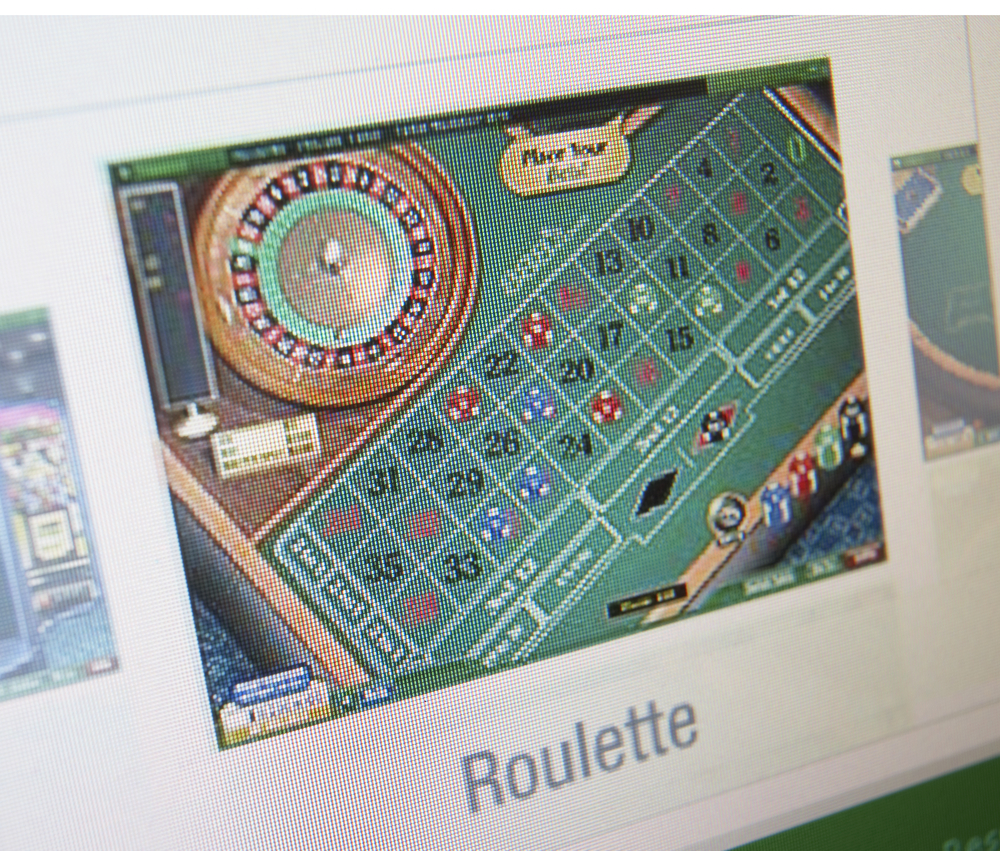
Casino experiences have captivated players over the ages, evolving from basic recreational activities to sophisticated forms of entertainment that blend chance, strategy, and amusement. From the historical origins of gambling in societies including the ancient societies of Mesopotamia and Rome to the glitzy corridors of current casinos, the history of these games reveals much about the human experience and our relationship with luck. As societies have intertwined and innovation has progressed, casino games have transformed, reflecting shifts in society and developments in gameplay.
The earliest forms of gambling likely featured elementary dice-based games and placing bets on the outcomes of sports competitions. Over time, these early games grew into more structured games like table games, the game of roulette, and the variety of slot games that line casino floors today. Every generation brought its distinct regulations, aesthetics, and sociocultural significance. At present, casino games continue to evolve with the rise of digital gaming platforms, enabling players from various parts of the world to join in a common experience, further blending the traditional with the age of technology.
Initial Origins of Gambling Activities
Gambling activities have foundations that stretch back to ancient civilizations, where betting was deeply embedded in social traditions and cultural customs. The earliest known instances of betting appeared in Mesopotamia around 3000 BC, involving basic die games made from knuckle bones. These early activities laid the basis for more advanced betting games, demonstrating human beings’ natural urge to pursue wealth and amusement through luck.
As societies progressed, so did their gambling interests. In historic Chinese culture, around two thousand three hundred BC, objects were unearthed that were similar to primitive rudimentary versions of a lottery game activity. More structured forms of betting emerged in the Roman Empire, where games of chance were a frequent pastime, often taking place in social gatherings. The Romans developed various wagering games, which included die and board games, showing the pervasive nature of betting across various social classes.
With the passage of time, these early games influenced the development of contemporary casino activities. In the Middle Ages, playing card activities became prevalent in European culture, paving the way for the organized gambling venues we know today. The shift from casual betting to organized gambling in pubs and personal homes marked a major change in how people engaged with activities of luck, leading to the eventual establishment of gaming houses as specialized places for betting.
The Emergence of Contemporary Casino Gaming
The final 20th century marked a pivotal transition in the realm of casino games, driven by tech innovations and shifts in societal views towards wagering. The introduction of computers and the internet transformed the way gamblers interacted with their favorite games. okwintvokwintv trực tiếp bóng đá Virtual casinos emerged, enabling enthusiasts to enjoy traditional table games like poker and blackjack from the comfort of their own homes. This new digital landscape not only expanded access to casino games but also drew in a fresh audience who found the ease and diversity attractive.
As digital gaming gained traction, so did developments in casino tech. xem bóng đá okwintv The advancement of advanced programs and visual elements converted conventional casino games into immersive experiences. Players could now interact with authentic live dealers through live feeds, bringing the vibe of physical casinos directly into their houses. This fusion of live gaming with digital interfaces created a new hybrid model that enhanced the social aspect of playing, allowing it possible for people to engage and compete with fellow gamers around the planet.
Furthermore, the emergence of mobile gaming substantially changed the gambling environment. With the ubiquitous use of mobile phones and tablets, players can enjoy their preferred casino games everywhere, whenever. Mobile apps offer a extensive range of options tailored for touchscreens, catering to the dynamic daily life of contemporary gamers. This availability has resulted in rising participation in gambling, contributing to the exponential growth of the gambling sector. As a result, the prospects of gambling continues to develop, adjusting to new technologies and shifting consumer preferences.
How Technology Influences Casino Games
The evolution of technology has significantly transformed casino games, improving the overall gaming experience for players around the world. With the introduction of the internet, online casinos emerged, allowing players to enjoy their favorite games from the safety of their own homes. This change not only made casino games more accessible but also increased the variety of games offered, as online platforms could offer many different versions of traditional games without the physical constraints of physical casinos.
Mobile technology further revolutionized the casino gaming landscape. As smartphones and tablets became widespread, players now have the ability to play casino games whenever and wherever they want. This flexibility has resulted in the development of dedicated mobile applications and optimized websites that provide seamless gaming experiences. Additionally, advancements such as live dealer games have delivered the authentic atmosphere of a casino into players’ living rooms, bridging the gap between physical and online gaming.
Furthermore, advancements in AI and VR are leading to the next generation of casino games. AI improves game design and player interaction, creating customized experiences based on user behavior and preferences. Meanwhile, virtual reality provides immersive environments where players can engage in a virtual casino environment, making the gaming experience more engaging and lifelike. As technology continues to evolve, the future of casino games seems bright, filled with limitless opportunities for innovation and entertainment.
